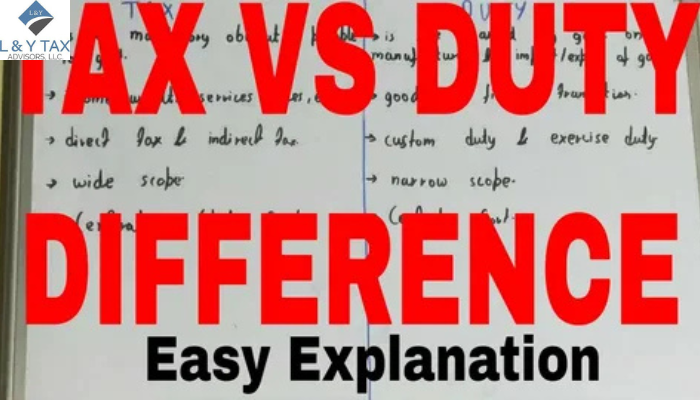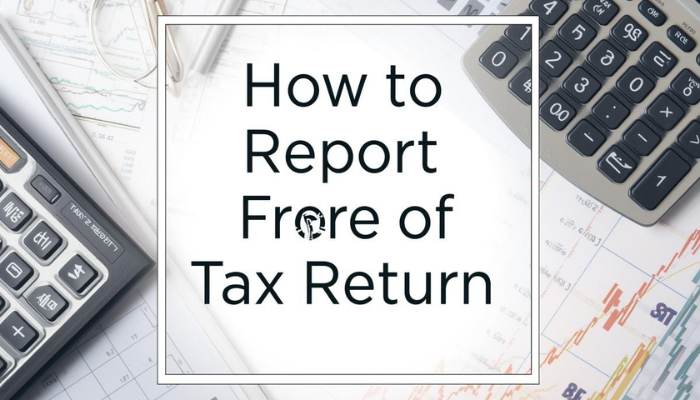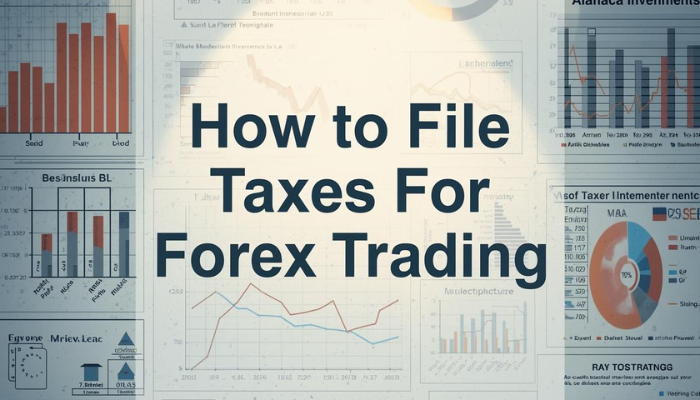
How is an Excise Tax Different from a Sales Tax?
Taxes have a significant impact on business plans, consumer choices, and government income. All such aspects mold a country’s economy. Excise and sales taxes are two of the most common tax types. Both possess specific uses and objectives. But how is an excise tax different from a sales tax?
Businesses and consumers must comprehend the distinctions between excise and sales taxes, as they have different effects on pricing and purchases.
What Is an Excise Tax?
Excise tax is an indirect tax. It is imposed on certain products, services, or activities. Some common examples of such products are:
- Fuel for vehicles
- Alcohol
- Tobacco
- Illegitimate activities (like gambling)
A country’s government can impose excise tax at the federal and state levels, including the amount in a product’s price.
Read: What is a VAT Number in the US?
What is the Purpose of Excise Tax?
Excise taxes are primarily used to either discourage the use of goods that are seen to be detrimental or to raise money for particular government programs. For instance:
- Tobacco excise taxes raise the rate of cigarettes to discourage smoking.
- Fuel taxes pay for improving infrastructure like road upkeep.
How Is an Excise Tax Different from a Sales Tax?
A sales tax is a type of general tax applied to the retail sale of most products and certain services. In contrast, excise taxes are product-specific.
Usually levied at the state level, sales tax is apparent to customers at the time of purchase. It appears as an extra expense on their receipts or invoices.
Sales tax covers a wide range of product categories without focusing on any single industry. Contrastingly, excise taxes are sometimes included in the price of certain goods.
Examples of Excise Tax Implementation
Fuel Taxes
Fuel taxes are imposed on fuel. They are used to finance transportation infrastructure.
Tobacco Taxes
These levies aim to lower the smoking rate and help pay for healthcare expenses associated with tobacco use.
Alcohol Taxes
Alcohol taxes are imposed to combat public health issues and reduce alcohol usage.
Get our tax consultancy services today!
Economic Implications: Excise Tax vs. Sales Tax
Sales taxes and excise taxes have distinct effects on pricing strategies and customer behavior. Excise taxes are product-specific, so they can have a big effect on some businesses. For example, tobacco companies may see a decline in legal sales but an increase in the black market.
When imposed extensively, the goal of sales taxes is usually revenue generation rather than behavior modification. Lower-income households spend a more significant share of their income on taxable products. Therefore, they may disproportionately be affected.
Overseeing Tax Compliance for Businesses
Businesses must comprehend how is an excise tax different from a sales tax to stay in compliance with the state’s regulations. Important compliance advice includes:
- Utilizing automated tax software for accurate computations
- Maintaining detailed transaction records
- Staying updated on tax changes
The Bottom Line
Learning how is an excise tax different from a sales tax is crucial for individuals and businesses alike. Both have various effects as they play diverse functions in the tax system. You can better manage your tax responsibilities with improved monetary planning. L&Y Tax Advisor ensures that you stay in compliance by knowing the differences between sales tax and excise tax. Contact us now!
Read More:
Can I Claim a Business Loss on My Taxes?


